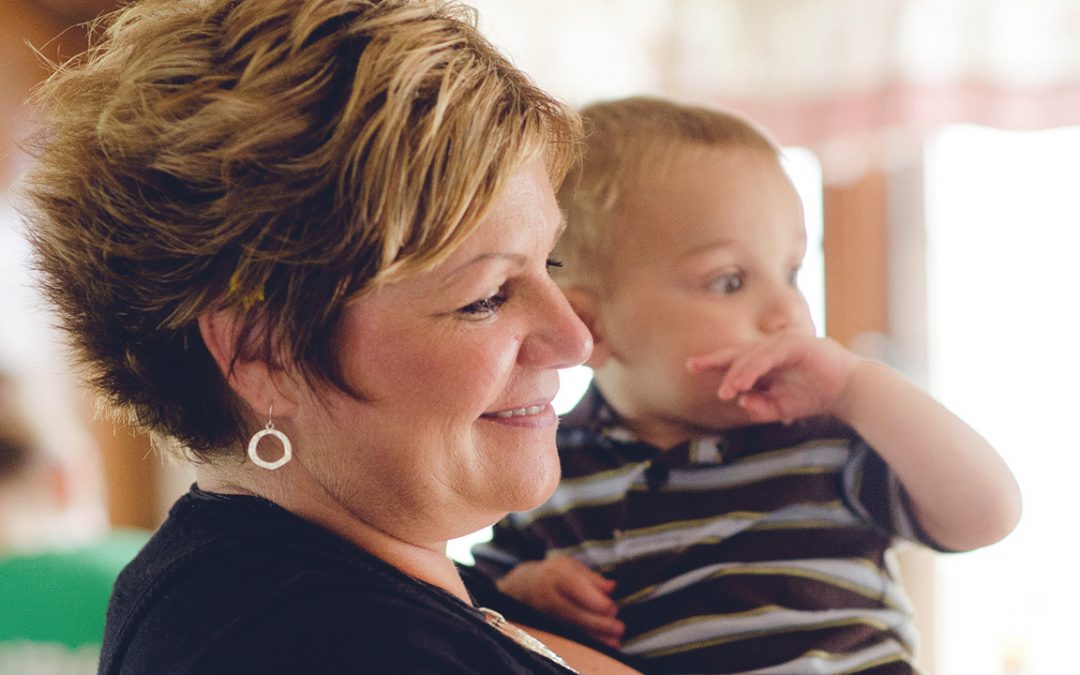
Keeping a Farm in the Family :60
Watch the full length version here.

Watch the full length version here.
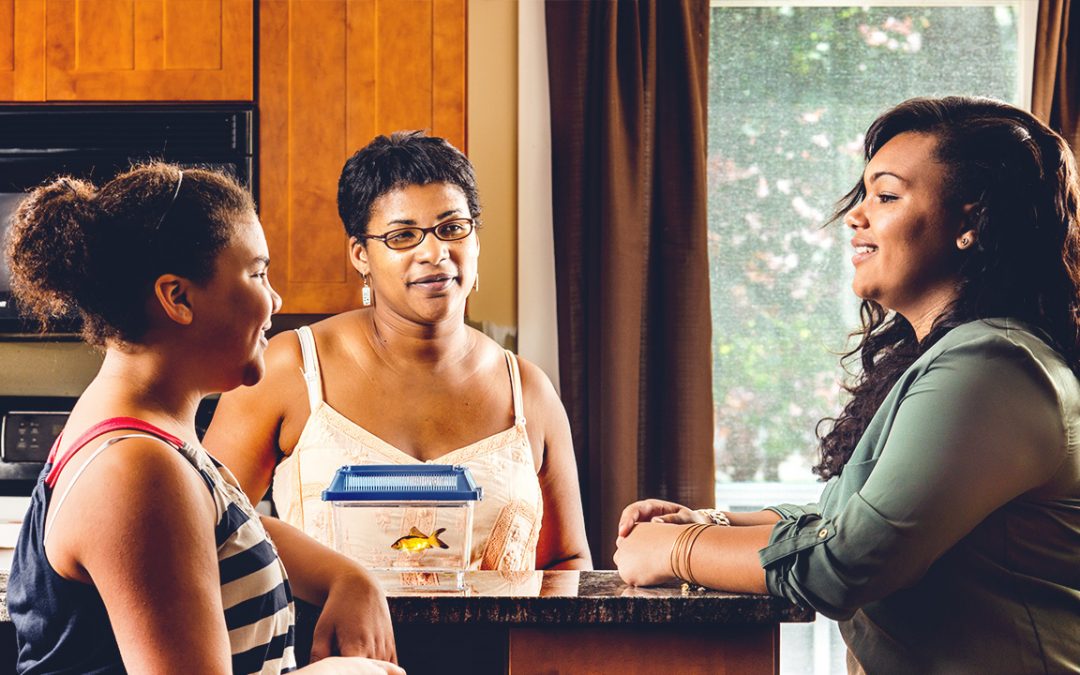
Don Wachtel loved fixing and refurbishing things, so it’s no surprise that he built a thriving tile business, channeling that passion into clients’ homes.
When insurance professional Chris Manfredi met Don, he recognized a kindred spirit. They were both in their 30s, raising families and working hard to grow their businesses. That’s why he made it a priority to help Don get a term life insurance policy, although they hoped he’d never have to use it.
Unfortunately, about a decade after he bought his coverage, Don began to have severe headaches and forgetting things. After several months, doctors finally diagnosed the problem: an inoperable brain tumor.
As the disease progressed, Don was unable to continue working. That’s when the policy’s waiver of premium rider kicked in, so he no longer had to pay the policy’s premium. This is also when Chris discussed the policy’s accelerated death benefit with the Wachtels. Because Don was not expected to survive his cancer diagnosis, the Wachtels were able access up to 50 percent of the death benefit while Don was still alive.
That money allowed the family to take memorable vacations and pay for some day-to-day living expenses. In addition, his wife, Tonia, was able to take a leave of absence from her job so she could care for Don at home. It was there that Don died at age 47, just 19 months after being diagnosed.
The remaining death benefit helped Tonia pay for the funeral and to stay at home with her two daughters for several months as they grieved. And it continues to make a financial impact. “Without life insurance, I would have had to go back to work immediately, get a second job, and we surely would have lost our home,” says Tonia.
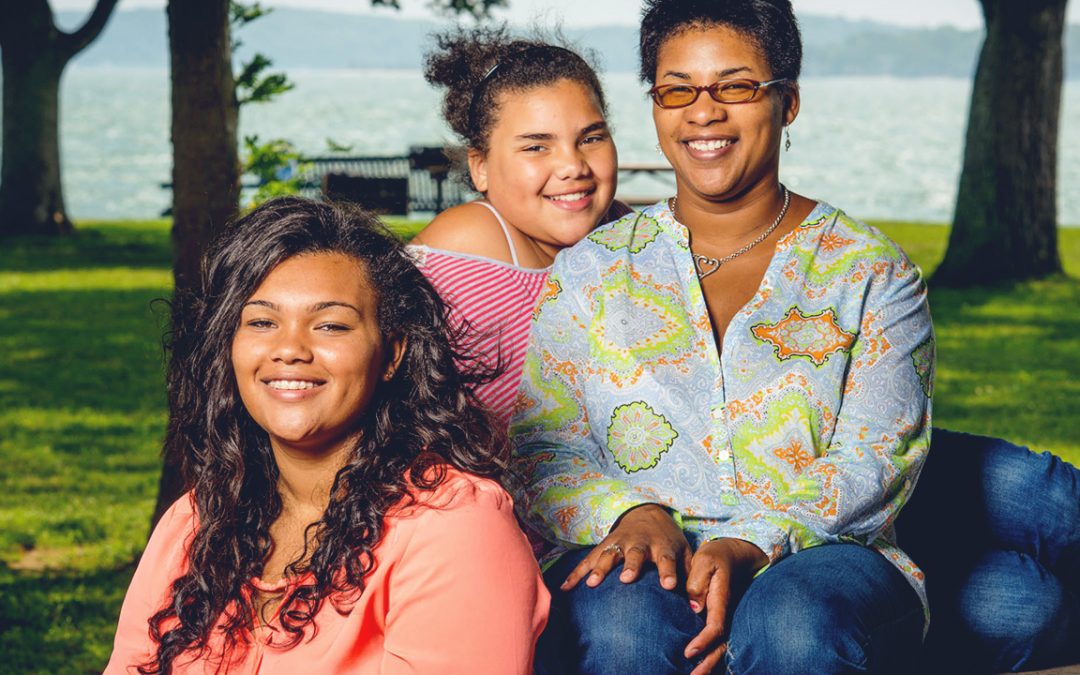
Watch the full length version here.
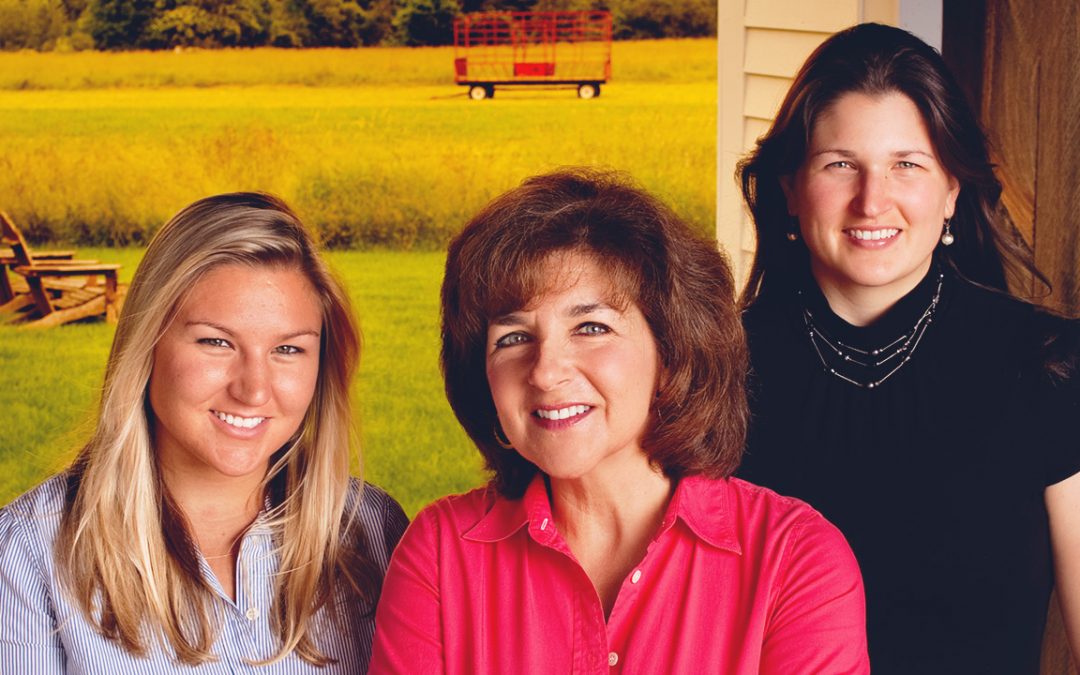
Fast forward to today—”We’ve been very fortunate over the years,” says Peg. They’ve continued to stay in the same home. Her daughters—now all grown adults—finished college and have jobs in different places. “My view on life insurance has stayed the same: Life insurance is very important and can make all the difference in the world,” says Peg.
Updated in August 2023
John Ogonowski grew up on a farm and never wanted to give up that life, even as he pursued a distinguished military and civilian flying career. While a young pilot for American Airlines, John began buying land in his hometown, and eventually developed a second career as a hay farmer. John’s wife, Peg, was a flight attendant at American, and they knew her salary would not be enough to support their three young daughters and keep their farm going if something were to happen to John. So John bought life insurance to supplement the coverage provided by the airline.
On Sept. 11, 2001, the unthinkable happened. Terrorists hijacked American Flight 11, commanded by Capt. Ogonowski, and flew it into the World Trade Center. In an instant, Peg found herself at the center of the worst terror attack in the nation’s history, her grief compounded by concerns about how she would manage without John. A few days later, the Ogonowskis’ insurance professional, Richard Bourgault, CLTC, LUTCF, came by to offer condolences. The oldest daughter, Laura, then 16, approached him apprehensively and asked whether they would have to move out of their home. No, he said firmly. “That made all the difference in the world,” he recalls.
With the insurance proceeds, Peg was able to pay off the mortgage on her home, retire all of the debt on the farm and set aside college money for her girls. Today the 150-acre family farm is still in business, operated by John’s brother, Jim. Peg recently retired after a 30-year career with American. “I can’t begin to tell you how huge it was to have had the insurance and to know that we were completely covered,” she says.
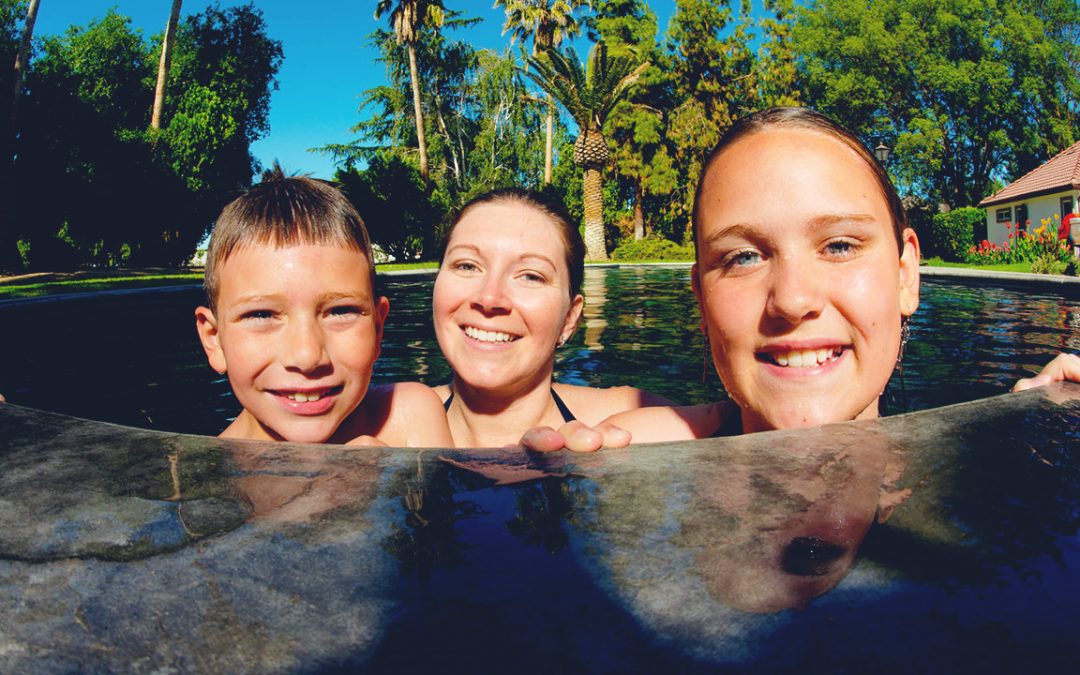
Just six months later, friends introduced Brigette to Anthony. She wasn’t looking for a relationship, but Anthony was persistent. “He could sell snow to an Eskimo,” Brigette says. They married and soon opened their own electrical business. With the business and three children to support, the couple bought small life insurance policies. Lisa Rinehart, an insurance professional who met them several years later, determined that they needed considerably more life insurance, and helped them through the buying process.
A year later, Anthony found a bump on his chin. He had recently walked through a spider web at a job site and assumed it was a bite. But it didn’t go away, and Anthony learned it was melanoma, a cancer he had battled as a teenager. It soon spread to his lungs, brain and bones.
Still wanting to provide for his family, Anthony invoked a provision in one of his life insurance policies that allowed him to access a portion of the death benefit, due to his terminal diagnosis. With that money, the Hunters were able to buy a nicer home while he was still alive. He oversaw renovations and was able to spend a month in the house before he died at 34.
The remaining money from Anthony’s policies helped Brigette pay off medical bills and meet her household expenses. It also kept the business afloat. She could make payroll and pay vendors while she and her foreman reassured clients that the business would continue. “Without the money I would have had to close,” she says.